The surfaces across which we were travelling were surfaces none of us have ever experienced before. Not just me, five of the top polar travelers in the world who are making journeys in Antarctica have all commented on the fact that the surfaces this year in Antarctica are different than they’ve ever been before…We believe – all of us – that it is a sign that we are changing even in the coldest parts of Antarctica.Melting of the sea ice in both the North and South polar regions is well documented, but Swan’s observations call attention to something new and disturbing. Though not yet scientifically proven, it raises the concern that climate change is possibly reaching the interior Antarctic. The ice was like a pie crust, he reported. Each step his skis and sled would crack through and sink several inches. Slogging through the fragile ice slowed him down to a pace that could not keep to the set schedule that included adequate rest and recovery time for Rob. Swan noted that scientists will need to study the wind, snow and temperature patterns to better understand what’s happening. These are crucial studies. More water is held in Antarctic ice and snow than anywhere else on earth. If it were to melt it would have a dramatic effect on sea levels around the world. Part way through the journey, Robert stopped and sent his son and the team forward to finish the trek. After a rest at base camp he rejoined them for the final 60 miles as they reached the South Pole. Robert handed his son a small marble globe, a symbolic passing of the baton in the continuing effort to get the world to pay attention to its excessive energy use. By phone from Antarctic Robert Swan said:
Our effort, yes, is extreme, but what it gives us is a story which can underline and hopefully inspire people to make change because we cannot carry on as we are. The way that we are living is not sustainable. If we can survive here [in Antarctica] on renewable energy than we can do that anywhere on the planet – and that is the message.
Featured guests
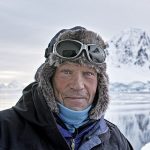
Robert Swan is the first person to have walked to both the North and South Poles. His leadership and determination made his 900 mile journey to the South Pole, the longest unassisted march in history. He was awarded the Polar Medal by Her Majesty, Queen Elizabeth II and is a United Nations Goodwill Ambassador for Youth.
Robert is a polar explorer, a leader in energy innovation and founder of the 2041 Foundation. This story of unbelievable spirit will take you on a journey of inspiration, courage and humility. Robert committed to his dream at the age of 11, achieved it with a team after 22 years and is now, on a 50 year mission to help preserve Antarctica.

Barney Swan was born in London, United Kingdom, and then moved to tropical Far North Queensland, Australia at the age of 7. Being raised off grid in Australia helped him developed an acute understanding of how valuable energy is, with conveniences often not being an option. With degrees in Business and Multimedia, Barney now lives and works in California, co-directing 2041’s expeditions and ventures. Over the last 5 years, he has applied and trained skills in outdoor leadership, team management, & project strategy.
Featured in:
Antarctica, where life perseveres in bleakness (India Today)
Data
From SAS – Our Official Analytics and Data Visualization Partner
CulturIntel Climate Change Sentimeter
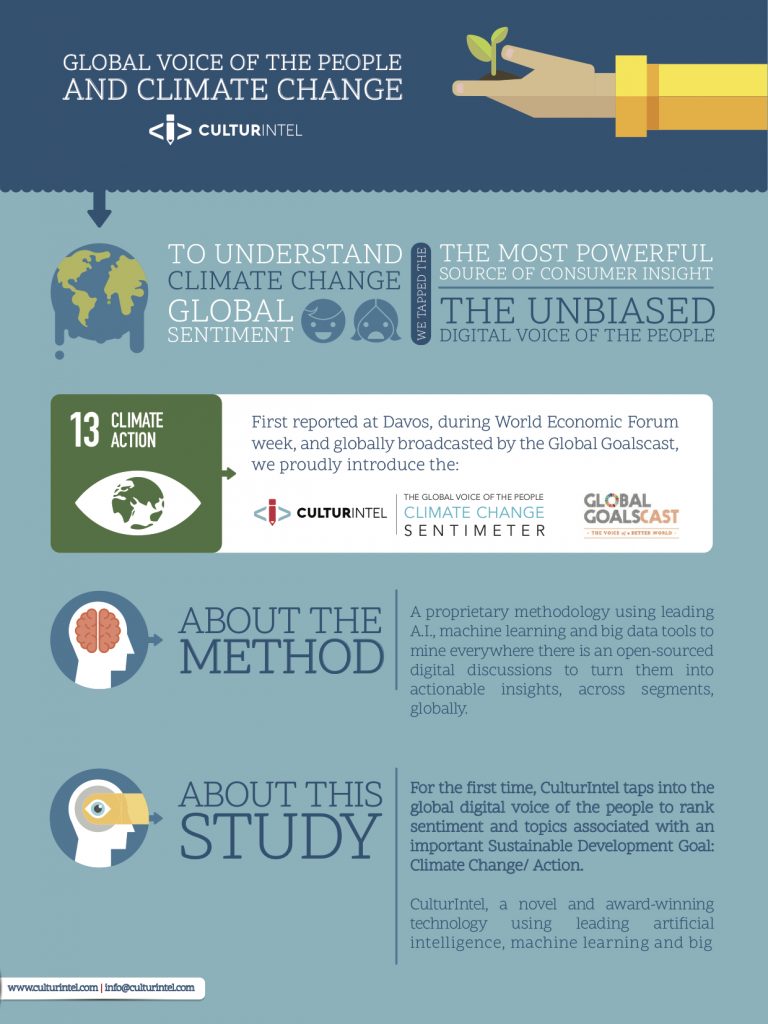
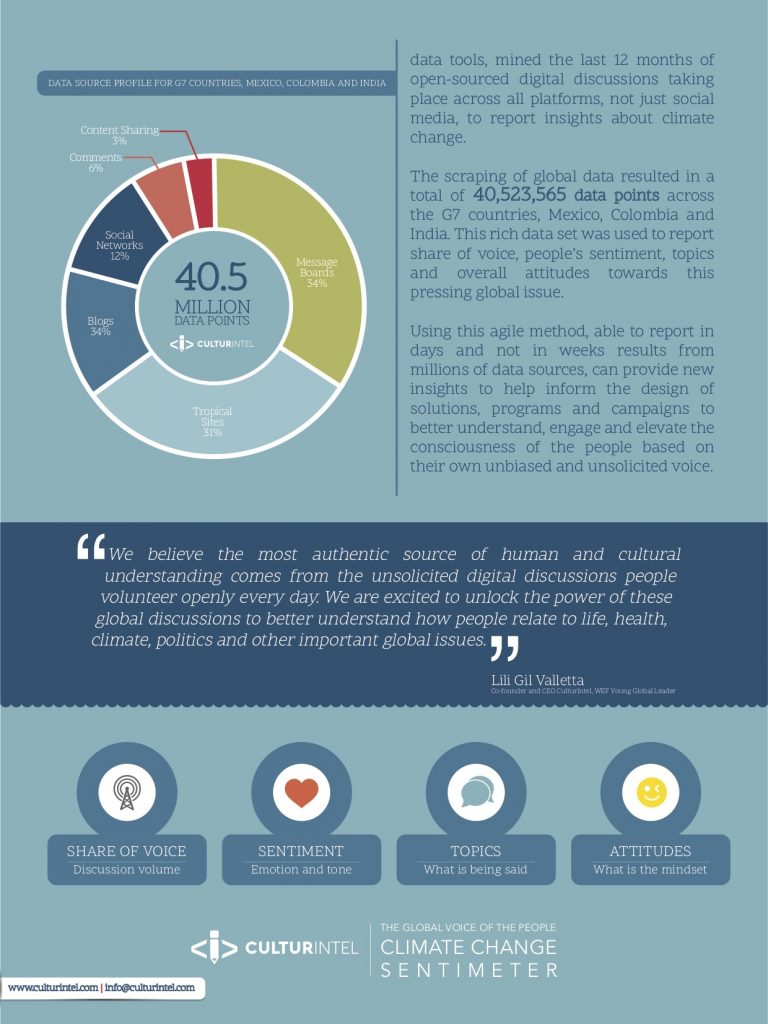
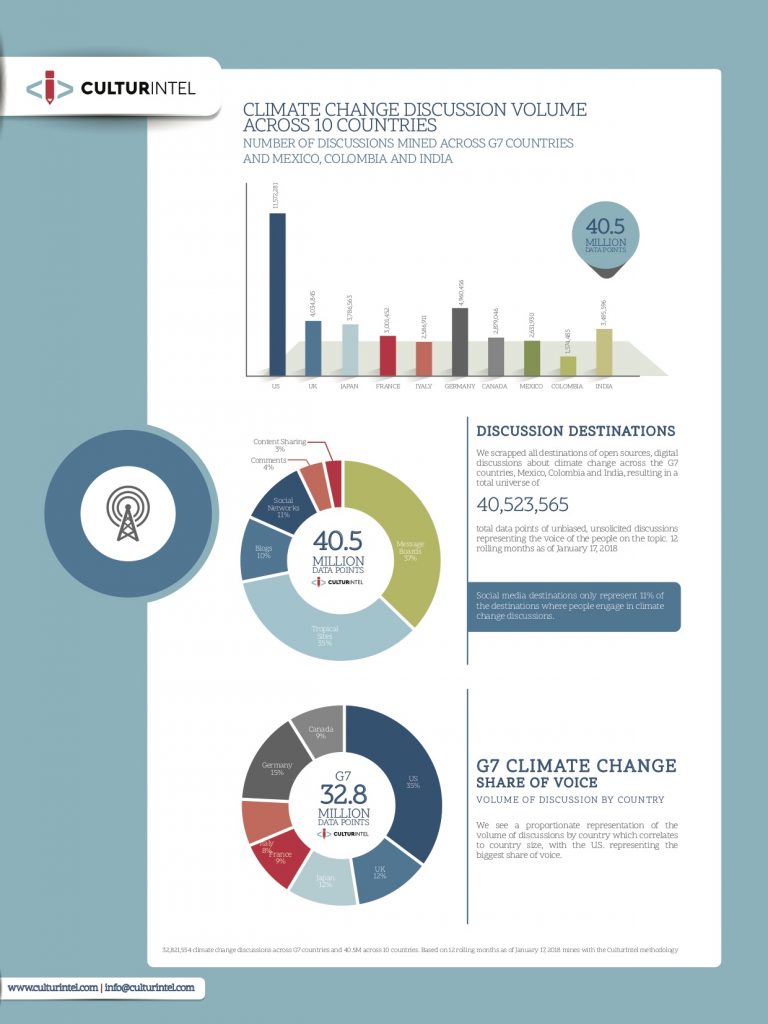
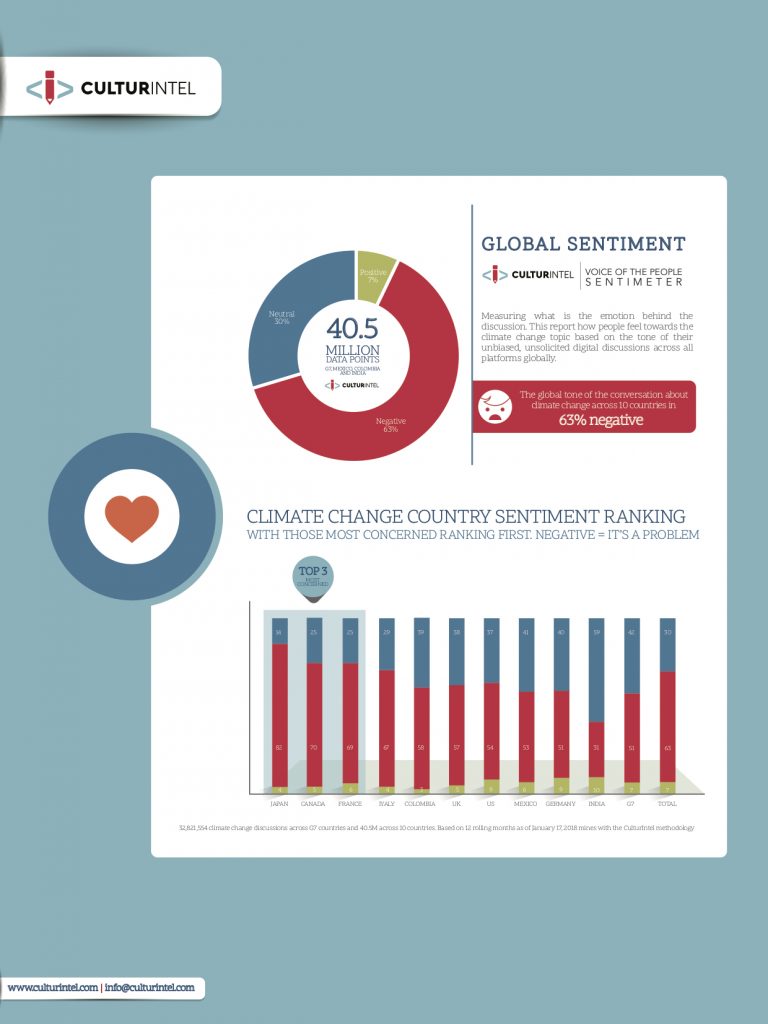
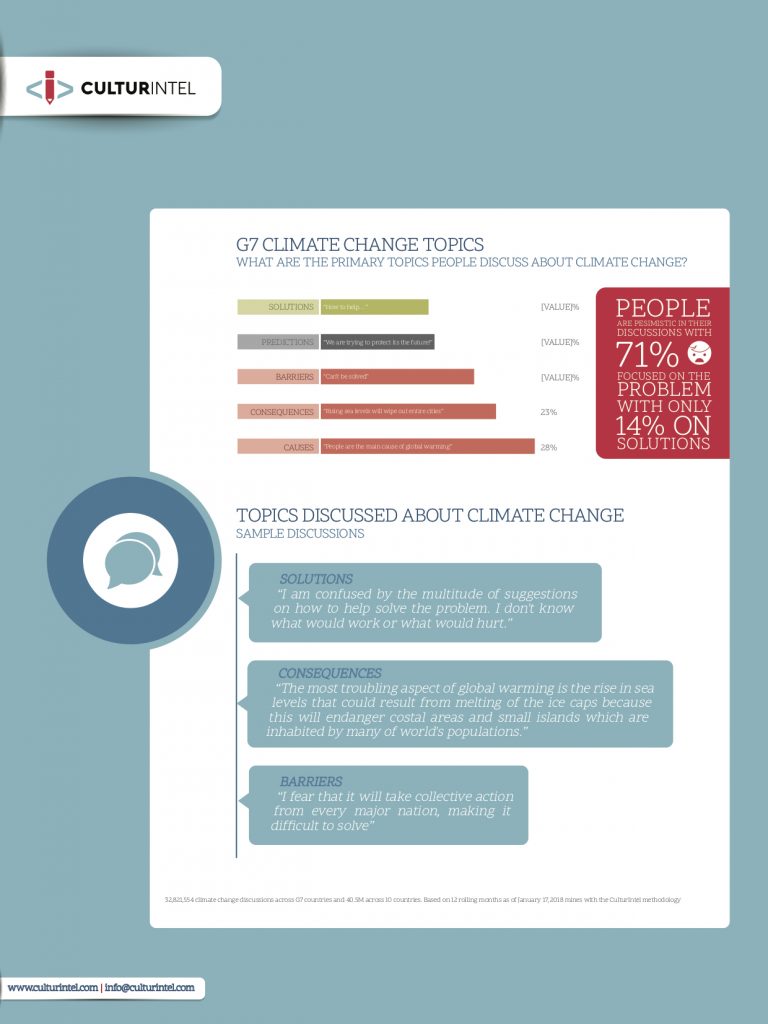
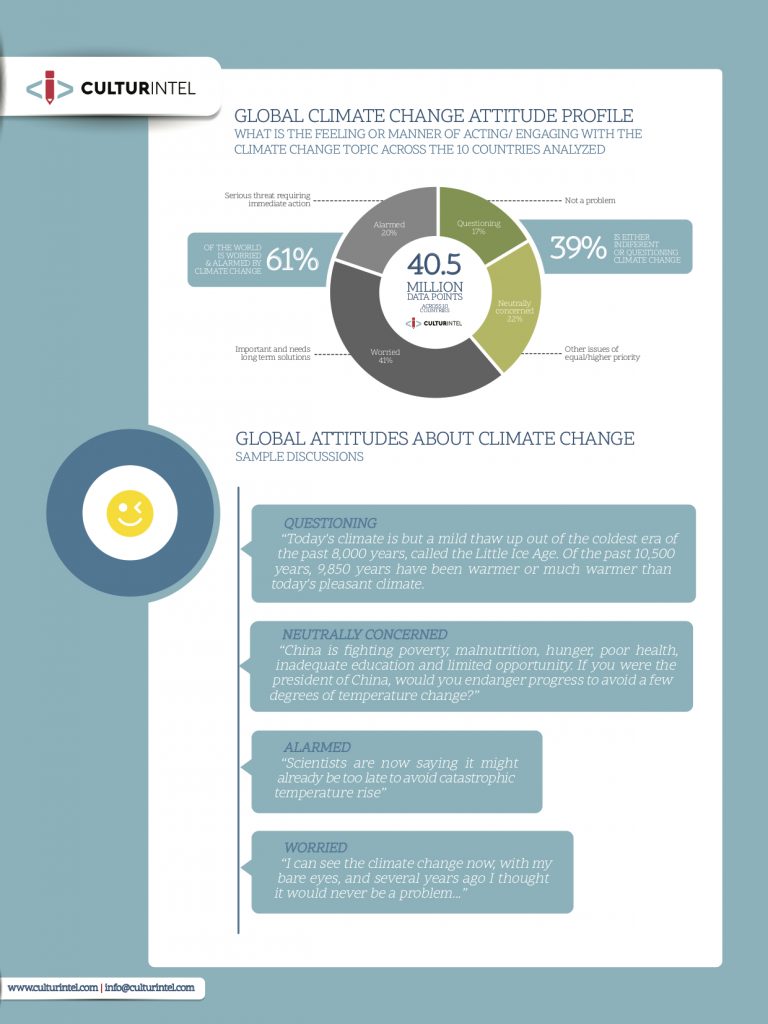
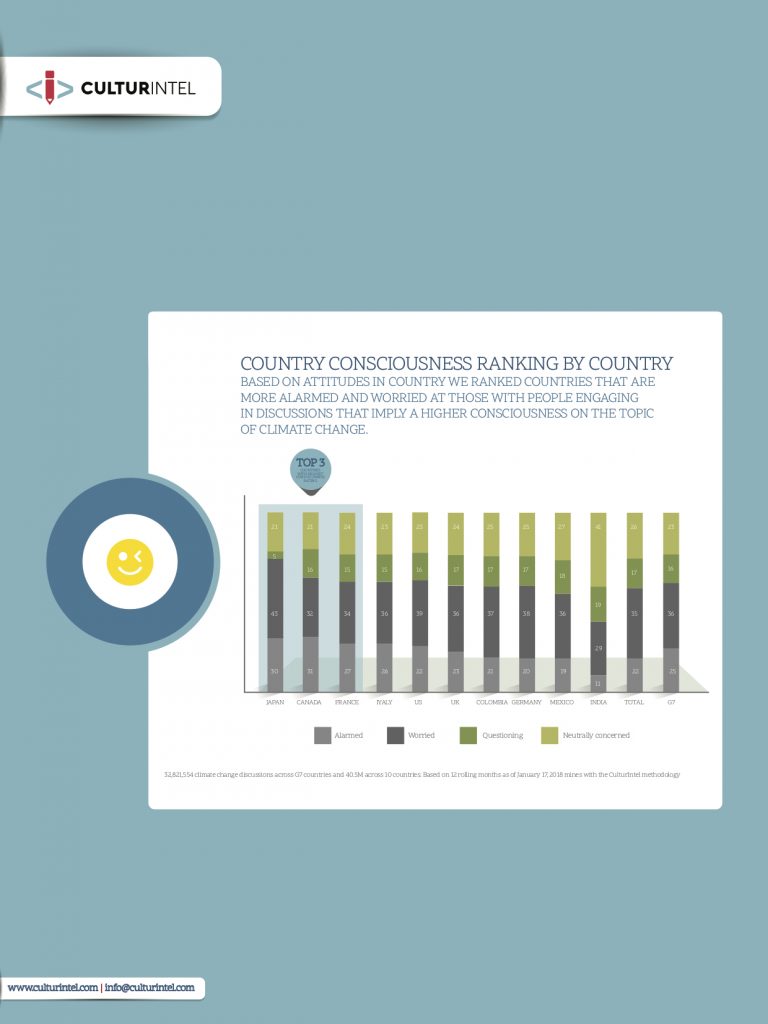
Transcript
[00:01:35] CLAUDIA ROMO EDELMAN: This is the Global GoalsCast…
[00:01:36] EDIE LUSH: …a podcast that explores, “Can we change the world?”
[00:01:39] CRE: In this episode, father and son try to walk together to the South Pole.
[00:01:44] EL: But an unexpected environmental change disrupts their carefully laid plans.
[00:01:53] CRE: I am Claudia Romo Edelman in New York and we have an incredible story for you and it dramatizes a key element of the Global Goals.
[00:02:00] EL: Exactly! I’m Edie Lush in London. There are 17 Global Goals: eradicate poverty, improve education… but last year the Secretary-General of the United Nations said that one Goal had become what he called the main accelerator of the entire effort. Failure here would disrupt all the other goals and that one goal is curbing climate change.
[00:02:20] CRE: And so climate change will be an important topic for us here on the Global GoalsCast. In this episode we will travel with Robert and Barney Swan, father and son, on a trek to the South Pole. Sixty days, 600 miles, with only renewable energy and we will experience with them a change they had not anticipated.
[00:02:43] EL: Robert Swan is the first person to walk to both the North and the South Pole. It was over 30 years ago that he reached the South Pole. This time he wanted to go back with his 23-year-old son Barney. Their purpose was to highlight the urgency of shifting to renewable energy and, as you’re going to hear, it was an emotional adventure.
[00:03:04] CRE: I got to know Robert and Barney really well actually my whole family was with them. We even put up a tent in my living room to train on yoga moves that Rob could do in the Antarctic so that he could keep his body limber. This is how thorough their planning was.
Edie, they planned for everything, everything except a change in the Antarctic since Rob Swan first walked to the South Pole 30 years ago.
[00:03:33] EL: They set out for the South Pole on the 19th of November 2017. Before he left, Rob had agreed to check in with Claudia for the Global GoalsCast.
[00:03:43] CRE: I caught up with Rob 28 days into their walk and a very painful moment. Rob had realized he was in trouble. The trek was harder for him that he had anticipated for reasons he will reveal to us later.
In this conversation, he agonized about whether he could go on or should leave his son Barney to continue without him.
[00:04:10] ROBERT SWAN: We are right, right in the middle of Antarctica. We’ve reached the halfway point.
Very hard conditions, very tough outside. It’s minus 28 degrees. The wind’s blowing, the wind chill factor is probably putting it down into the 30s… 35 (below zero). It’s just a huge white sheet – 360 degrees. It’s very, very hostile out there… very, very hard to be 61 years old making this journey.
The nightmare of being weaker, to pass a little slower than the rest of the team has caused a huge amount of psychological problems for me because I still think I’m back 30 years ago.
And if I’m going to be slow, I’m going to die.
But having my son Barney, who’s been a revelation and has really made it possible for me to reach this stage of the journey, and we’re all very, very proud.
We’re sitting around and we’re looking at numbers and we are looking at distance from the South Pole – 500 kilometers. If I’m a bit slow, am I going to hold things up to the extent we might not meet the deadline? There’s a huge amount of suspense and drama taking place on the very day that we’re making this call.
The decision will be, do we go on or do I have to go back? [His voice chokes with emotion] It’s really hard to leave my son to go on. It’s really, really hard if I make that decision. You have no idea what that feels like. I’m sorry… I get upset.
[00:06:19] CRE: Rob decided to drop out. Barney went on. I called Rob again about two weeks later. He was back at base camp. Even so, reaching him wasn’t so simple.
[00:06:33] CRE: This is the Global Goals cast calling you from New York to Antarctica 1, 2, 3, 4, 5. Copy.
[00:06:42] RS: I can copy you loud and clear.
[00:06:44] CRE: Robert, It’s an honor to have you. It’s been quite a journey so far. Today is more than 20 days since you left. How do you feel?
[00:06:54] RS: Well, It’s been a very difficult time for me personally because dealing with the word ‘failure’ is not that something I dealt with before in polar expeditions.
But now I have accepted that it was definitely the right choice to make. The doctors here at base camp have given me permission to join our team and I’ll be meeting Barney, Martin, and Kyle at 89 degrees south in a few days time. So, although I will not have done the whole journey with my son Barney, I will complete the journey with him.
[00:07:47] BARNEY SWAN: This is Barney reporting from the South Pole Energy Challenge. Today has been pretty brutal on all of us… aches and pains. The technology’s all working very well. The ice melt has given pretty much all of our drinking water during the day.
Missing Dad a lot. I haven’t spoken to him since he departed, so [I’m] looking forward to having a good chat at some point. Definitely starting to feel the effects of Antarctica a little bit. We’ve got some blisters and bumps on our feet.
[00:08:25] RS: It’s an unbelievable thing that he [Barney] is in the process of achieving. He’s going through – as I speak now, which was very painful for me to hear – lots of toe damage. It’s called “banged foot,” which is an Antarctic condition where your foot is hitting the end of your boot too much. He is not going to lose a toe, but he’s in a lot of pain. He’s really gone thru hell to make it this far since I sadly had to leave him.
[00:09:03] CRE: So Robert, tell me, what were your last words to Barney?
[00:09:06] RS: The last words were the most difficult words in my life.
I know what this place is and where I left Barney was in minus 25 and it was windy and cold. But the rest of the journey, after I left him, you go into hell – and it’s cold hell. You’re going up to 10,000 feet above sea level. The temperature will fall to minus 40. The wind chill will just be indescribable.
To look into his eyes and to know that I wouldn’t be next to him to help him was the worst moment of my life so far. So my words were to him that his blood is my blood and he had it in him to do this.
[00:10:05] BS: Hello, this is a quick update before heading to bed. We have had a pretty long afternoon of going up and down and up and down. Seems like we’re on roller coasters.
We saw some really big [inaudible] today. The biggest yet – wild formations. Something out of a science fiction film. Fifteen feet tall, some of them. We’ve been going small cracks, which is a reminder just to keep super aware of where we are and kilometers of ice that underneath us.
Really thinking a lot about what is going to be like to come back to the so-called real world after this experience. It’s definitely makes you think a lot about our life style.
[00:10:46] RS: I cannot wait to see his face in a few days time, 60 miles out from the Pole. And as he helped me when I was suffering, I look forward to taking the weight off his sleds to help him while he is suffering. Father and son together, side by side again. It’s going to be a fantastic moment.
[00:11:10] CRE What did Barney say looking at his father having taken that very strong decision and having comforted you so far.
[00:11:17] RS: He said to me, “Dad, I always thought you were a badass, hard person, but I’ve never seen anybody struggle as you have to keep up to make sure that you haven’t delayed us. But Dad, it’s time. I cannot bear to see you suffer any more. Get back to base camp. Do it.”
My recovery has been slow. It’s been hard. To put it bluntly, I knocked the hell out of myself to make half of the journey and not slow them down.
[00:11:53] CRE: Ten days ago when we spoke you told me that I wouldn’t recognize you because your face was completely deformed. Could I recognize you now?
[00:12:00] RS: Yeah, you could recognize me now, but I have to say that I think it’s aged me.
[00:12:10] CRE: You prepared hard for this journey, but tell us about the change in Antarctica you hadn’t expected.
[00:12:12] RS: Not just me… five of the top polar travellers in the world, who are making journeys in Antarctica, have all commented on the fact that the surfaces in this year in Antarctica are different than they’ve ever been before. And these people have been doing it like me for 30 years.
The surface is a bit like a piecrust. Imagine if you are on skis and you’re walking across a crust that’s like a pie, but then crust collapses and your skis go down, let’s say 3 or 4 inches, into that crust and the sled does the same.
Every step you take is twice as hard and twice as slow as it used to be.
We can’t say that it’s scientific fact, but what you can say is that people with 30 years’ experience are noticing a difference in the surface of the snow here in Antarctica, which in my view has to point to some changes in wind patterns, in snow patterns, in temperature.
We believe all of us that it is a sign that we are changing even in the coldest parts of Antarctica… some of the surfaces across which we’re traveling.
[00:13:49] CRE: Has the change in the Antarctic ice made it so much harder and that’s the reason why you, for example, having done it for 30 years, you couldn’t finish a trip?
[00:14:00] RS: Exactly, because I couldn’t get rest. I found myself having to struggle harder and harder and harder to keep up… and we didn’t fall behind in mileage that you need every day.
[00:14:17] CRE: And how would you compare the attention that the Arctic ice is getting versus the attention that the Antarctic ice is getting?
[00:14:23] RS: The Arctic is an example of what we mustn’t do here in the Antarctic. The Arctic is going through huge changes, very obvious changes, but no one really seems to be listening much changes.
I focused on Antarctica because we believe there is hope.
If we all use more renewable energy, no one’s going to come here to drill it, to mine it. It just won’t happen because it won’t make financial sense. That’s the purpose of our journey.
We also want very, very much to support the United Nations because the United Nations and their commitment, and all of these things, the fantastic Paris Climate Change Agreement, all the things that the United Nations has done, people need to know more about it.
It doesn’t matter whether current presidents of countries are withdrawing from agreements, it doesn’t matter. The world made an agreement and we need to support those things and mark those things and be very positive. And I think the United Nations has got to come through harder and stronger on these issues.
[00:15:49] CRE: Yes.
[00:15:50] RS: …as well as all the other issues that they have to deal with and we would like to support them.
[00:15:54] CRE: Rob, that piecrust of ice is a powerful metaphor for all of us. Climate change stopped your journey in an unexpected way. It can affect all of our journeys. Tell me how you feel now as this expedition is nearly at the end.
[00:16:15] RS: The end of this journey is really the beginning of the journey. This is our first launch of what we call the Climate Force Challenge. This is the beginning of our next stage to keep cleaning up our world of CO2 from the atmosphere.
What I feel, though, is that it now becomes Barney’s mission, not my mission. I have supported him to get to this stage. Barney now with his generation must move this forward.
It’s a seven-year mission to inspire people to use more clean, renewable energy. To remember those two parts of the United Nations commitment. One is on climate change; the other is on renewable energy. So we want to support them.
But it’s giving everyday people a chance to make some changes with ideas that we’ve had out here. I’ve worked so hard on this end to recover, to get ready, to train and in three, four days time I will stand side by side with my son to celebrate his achievements.
At 23 years of age Barney Swan has shown courage that is just simply outstanding and I cannot wait to be standing side by side with him again. It will very cold up there, probably minus 40, but we’ll stand side by side and walk into the South Pole.
[00:18:03] CRE: Yes.
[00:18:09] BS: We had a pretty amazing moment today. The Last Degree (polar expedition company) plane buzzed us as we were marching and we can just imagine this little Last Degree team in the plane looking down at us and we’re 60 nautical miles until we reach the South Pole.
[00:18:28] RS: I have in my hand, actually as I’m speaking to you, a tiny little globe. It’s the world made out of a lightweight kind of marble. And when I reach the Pole, Barney and I standing there, I’m going to hand him that and say, “Barney, I’ve spent 35 years getting us this far. I want to hand to you this back on and I will now support you with what you want to do and your plans and your future.”
[00:19:02] CRE: Edie, since the last time I spoke to Rob he managed to join Barney so that they could go into the finishing line together. Once they reached the South Pole, we were the first phone call that they made.
[00:19:16] CRE: Robert, you made it!
[00:19:18] RS: We made it. We’re all safe and Barney is now with the medical doctor here at the base camp having his frostbite treatment on his feet. I think Barney has a story now that is truly authentic.
He did it for real and I believe that he is passionate, alongside his father, to really make this work and inspire young people about the whole issue of renewable energy, climate change and making something of your life, making your dreams come true.
We have been on the edge of death. If we made mistakes, we die – and our world, I believe, is on the edge of killing itself.
To re-enter society and to see people just being consumed, and consuming – not thinking about energy, Not thinking about poverty. Not thinking – not thinking – that that we are in a survival situation in the world is very, very hard to return to when you are in survival mode.
But I think Barney is looking forward to making sure his feet are good, looking forward to a hot bath and looking forward to an another thing that we take for granted: I think everybody listening is sitting in a chair. We have not sat in a chair for 60 days.
It has been daylight for us for now for 70 days. We’ve never seen dark. So all we’ve seen is light. So it will be very interesting to return to darkness.
The things we will look forward to are the things that we all take for granted. I think that’s an important message.
[00:21:31] CRE: So, Edie they were re-united. They made it to the South Pole. It was a tremendous journey that gave them not only an incredible set of experiences as father and son, but also changed the future as Robert passed on the baton to Barney.
They’re flying from Antarctica to Davos where we’re going to have a conversation. So their first stop will be our session in Davos at the World Economic Forum, “From Antarctica to Davos.”
[00:22:00] EL: That’s super cool. The good news is they won’t need to change their clothes at all because Davos is pretty much the same temperature.
It’s also incredible because I think the experience has a message for all of us. We know that the Earth’s climate is incredibly complex. We know that carbon is making the atmosphere warmer, but the results of this are emerging in so many different ways.
[00:22:26] CRE: Edie, what I see about climate change right now is an incredible relationship in the need for people to move. So you will see that necessarily in some places people cannot stay because it’s going to be melting, so they will have to move because temperatures will continue rising and as we know the world is hotter and hotter and that will have an impact as well on migration.
And I don’t know that we have necessarily taken enough measurements to accommodate for environmental refugees either.
[00:22:58] EL: Claudia, we’ve promised to make the people who listen to our podcast smarter. So here’s the three things that you need to know about climate change.
Over the past half century the Earth’s temperature has skyrocketed. The planet’s average surface temperature has risen two degrees Fahrenheit since the late 19th century. And this is a change that we know is driven largely by increased carbon dioxide and other human-made emissions into the atmosphere.
We also know that carbon dioxide warms the planet and we’ve increased the amount in the air by nearly half — most since the 1960s. Ninety-eight per cent of climate scientists agree that our carbon emissions are the main cause of global warming.
And the third thing is that the Arctic sea ice is shrinking and glaciers are retreating worldwide. Seas could rise three feet by the year 2100 or maybe even more.
[00:23:56] CRE: Edie we always say that we’re going to give our audience actions. Climate change has really the most concrete actions that people can take because they’re so tangible.
[00:23:48] RS: Every single person doesn’t have to walk to the South Pole to make a point. But people should make an effort themselves, even if it’s a click of a mouse, to make changes that they can make on their use of energy.
You can buy clean electricity. You can buy a small solar panel to charge your mobile phone. You can think about changes in your diet. None of these things are difficult to do. We can’t carry on as we are. The ways that we are living is not sustainable and our effort here in Antarctica are an example that, if we can survive here on renewable energy then we can do that anywhere on the planet.
[00:25:03] CRE: The United Nations launched the “Lazy Person’s Guide to Saving the World” and I think that you can find every piece of information that you can do from the things that we just said. Turn off your light, shower shorter, don’t use plastic cups, and so on. So go to our website at GlobalGoalsCast.org and check out the actions that you can take from our partners’ action button.
The beautiful thing is we’ve got a story with Robert and Barney Swan that will go in the books of history and we got them recording for hours and hours because Roberts Swan he told me over the phone that one of the things that he really used to recover during the time that he was in base camp was record audio as a way of reflecting, self reflecting.
So we will have the privilege of having the most personal account and recount of these journey the 60 days. We’ll have an entire month dedicated to exploring the journey of Robert and Barney and as a way of doing, really go deep into climate change.
[00:26:15] EL: And if you want to make sure you don’t miss that or any of our other episodes, Subscribe to us on Apple Podcasts or where ever you get your podcasts and please follow us on Twitter, Instagram and Facebook at Global Goals Cast for the latest news and developments.
[00:26:31] CRE: And that was Edie Lush and I am Claudia Romo Edelman and thank you for being with us.
CREDITS: Thank you to our partners at the United Nations, UNICEF, World Food Programme, UN Foundation, SDG Action Campaign of the Office of the UN Development Program International Office for Migration, International Development Law Organization, Malaria No More, Rollback Malaria, Project Everyone and Pvblic Foundation. We are also grateful for the support of Hub Culture, SAS, Cultural Intelligence, Freuds Communication, Saatchi & Saatchi, Action Button and of course CBS News Digital. We want to recognize individual champions who have been supporting Global GoalsCast: David Sabel, David Jones, Will Lewis and Seven Hills. And then to our amazing advisory board: Jacob Weisberg, Steve Rubel, Kate Stanners, Dali Schonfelder, Matthew Freud, Christy Tanner, Fon Mathuros Chantanayingyong, Sergio Fernandez de Cordova, Dinesh Paliwal and Scarlett Curtis
And finally, none of this would have been possible without the support of our main patron and Claudia’s husband Richard Edelman who has been the angel behind global goals cast and Rob and Barney Swan.
